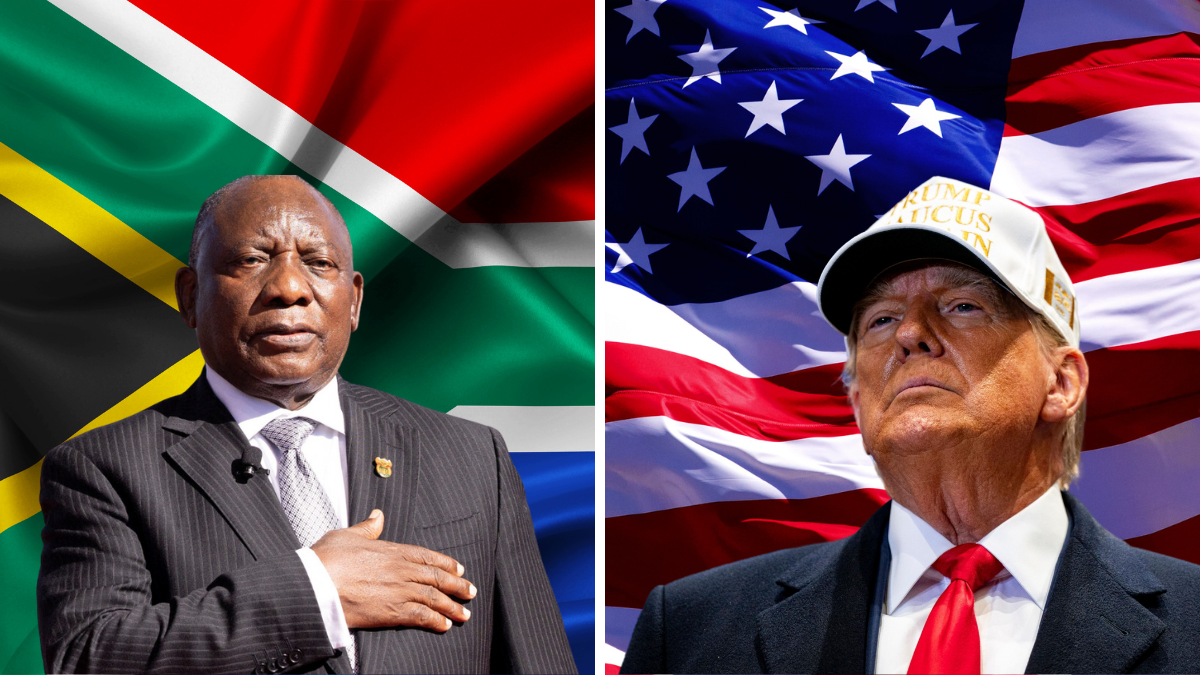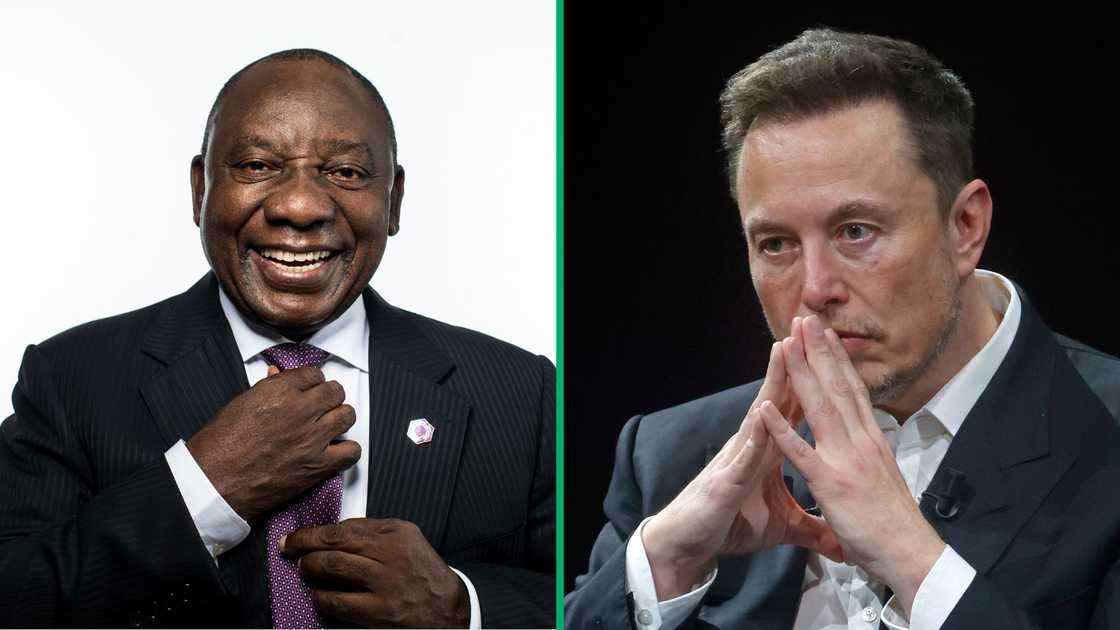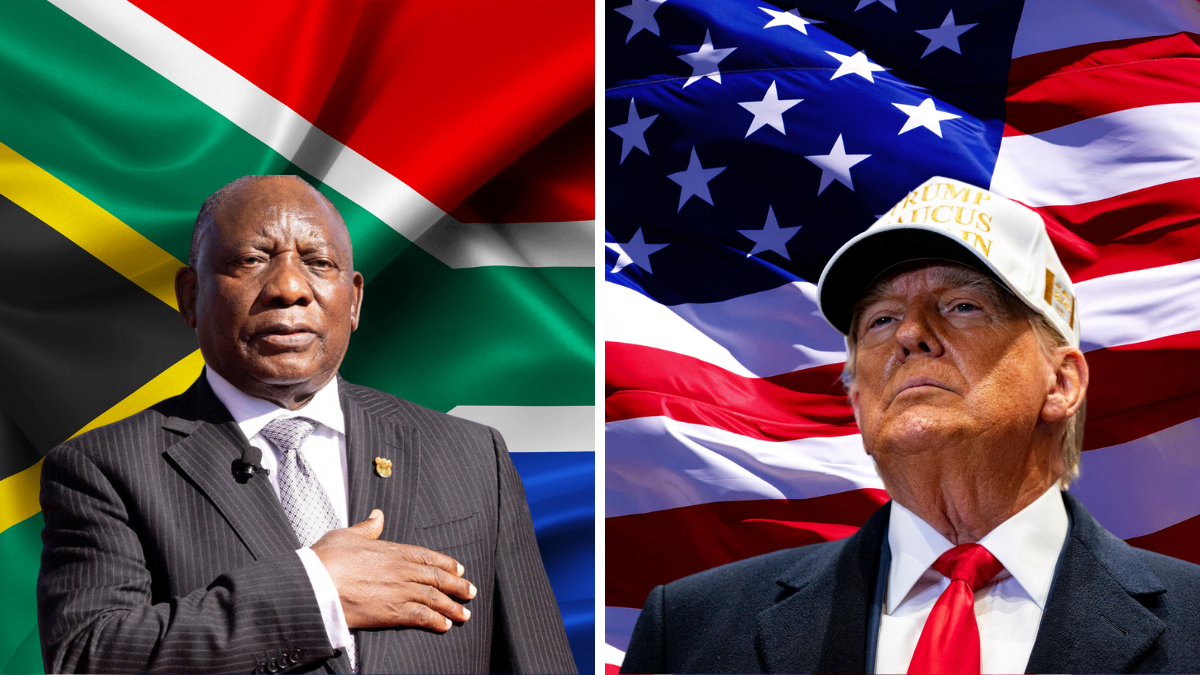
The United States has begun processing asylum claims from white South Africans, marking a controversial development in the country’s immigration policy.
- The United States has started processing asylum claims from white South Africans due to fears over land disputes
- Over 30 applicants have already been approved after interviews in Pretoria, with positive encounters with U.S. officials.
- Tensions between the U.S. and South Africa intensified due to a fallout over South Africa’s land reform policies.
White South African farmers applying for asylum in the United States cite fears over land disputes, rising crime, and perceived racial discrimination as key reasons for seeking refuge.
Reuters reports that some of the South African applicants have taken part in a first round of interviews in Pretoria with over 30 applicants already been approved.
DON’T MISS THIS: South Africa’s Ramaphosa speaks with Trump on bilateral ties and Ukraine war
An applicant, a South African farmer who requested anonymity due to the confidential nature of the process, told Reuters, “The staff at the embassy were exceptionally friendly—I could feel they had empathy.“
The U.S. administration and embassy in Pretoria however, is yet to comment or give numbers of interviews and approvals.
The move comes amid broader debates over who qualifies for protection under U.S. asylum law, especially as stricter immigration enforcement continues for refugees from other parts of the world

South Africa’s land reform law – Trump’s opposition
Tensions between the United States and South Africa escalated following a fallout over South Africa’s land reform policies.
The friction intensified after Elon Musk publicly accused the South African government of racism for its plans to expropriate land from white farmers without compensation—a charge that reignited international scrutiny.
The controversial legislation, passed under the Expropriation Act of 2024, permits the seizure of land without compensation in specific cases, with the goal of addressing deep-rooted historical injustices in land ownership.
South African officials have defended the policy, insisting it is a constitutional measure aimed at redressing apartheid-era dispossession and that white South Africans, who still hold a disproportionate share of wealth and land, remain economically privileged.
In a sharp rebuke, U.S. President Donald Trump issued an executive order freezing all U.S. financial aid to South Africa and imposed a 37% tariff on South African exports—although this was temporarily paused for 90 days.
Trump also cut funding for major health programs, including HIV/AIDS initiatives, and expelled South Africa’s ambassador to Washington, Ebrahim Rasool, following Rasool’s public criticism of Trump’s stance.
DON’T MISS THIS: 9 African leaders make TIME100 most influential people list
Additionally, President Trump extended an offer to resettle white Afrikaner farmers in the United States, citing concerns over property seizures and perceived racial discrimination—further inflaming diplomatic tensions.
The South African government has dismissed these claims, reaffirming that the reforms are aimed at equitable redistribution and national reconciliation, not racial retribution.












